By Eric Vandenbroeck
and co-workers
Nigeria's Past And Future
Recently, Lai Mohammed, the
Nigerian culture minister, urged the British Museum to follow the
example of the Smithsonian Institution; “I told them the last time I was
in London: it’s not if, it’s when. They will eventually have to return these
because the campaign is gaining strength by the day, and when they look at what
other museums are doing, they will be compelled to return them.”
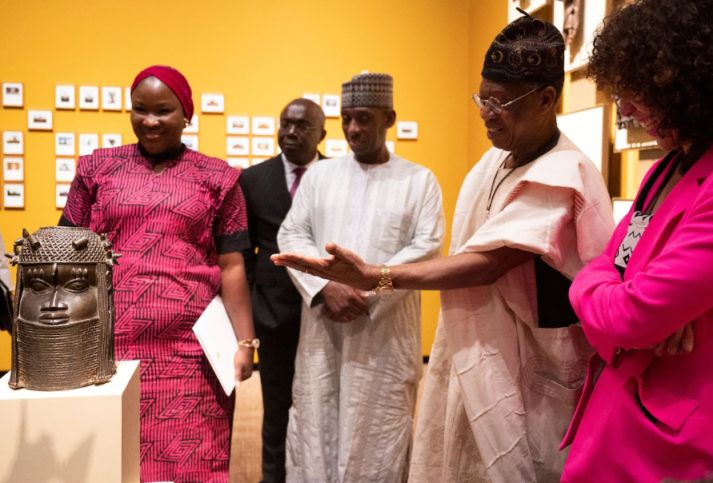
Next February, Nigeria
will hold its seventh election since transitioning to democracy in 1999.
Nearly 100 million Nigerians are registered to vote, most under 25. By 2050,
according to UN projections, Nigeria will be the third-most populous country in
the world after China and India. But despite having the world's ninth- and
tenth-largest natural gas and crude oil reserves, respectively; one of the
world's largest swaths of arable land; and a young and entrepreneurial
population, Nigeria has fallen far behind peer countries such as Indonesia and
South Korea when it comes to gross national income, GDP per capita, and
industrial production. On measures of adult literacy and access to electricity,
Africa's largest economy lags behind other countries, including Kenya and
Ghana.
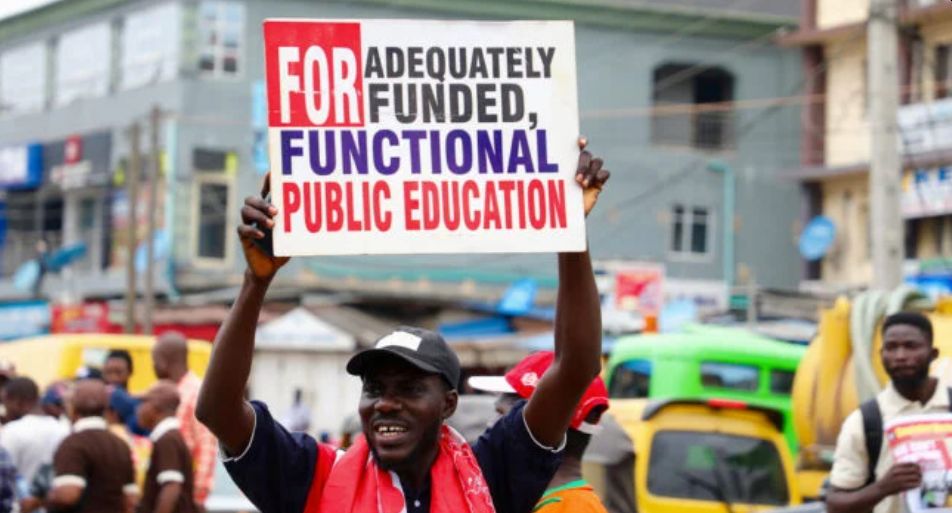
This disappointing
state of affairs is due in part to Nigerian leaders' lack of ambition. Ever
since the brutal civil war fought from 1967 to 1970, after independence,
Nigeria's political and business elite have been mostly content to avoid
another major conflict. Unable to reach a consensus about industrializing the
economy, Nigeria's leaders resorted to divvying up the country's natural
resources to keep the peace. During Nigeria's years of military dictatorships,
from the late 1960s to the 1990s, the state grew progressively weaker: the
civil service was systematically undermined, and the failure to diversify the
economy away from extractive economic activity eroded the government's ability to
fund public investments. Now that Nigeria is a competitive, multiparty
democracy, those weak institutional foundations mean the state cannot stimulate
broad-based economic growth.
The coming election
season offers Nigerians a chance to demand more from their leaders. Sixty-two
years after independence, the country must finally aspire to more than hold
itself together. Nigeria needs a shared vision for economic transformation that
unites political elites—across regional and ethnic lines—and enables them to do
the difficult work of replacing patronage networks with productive ones. And it
needs a government that is empowered to sustain reform efforts even when it
encounters inevitable resistance.
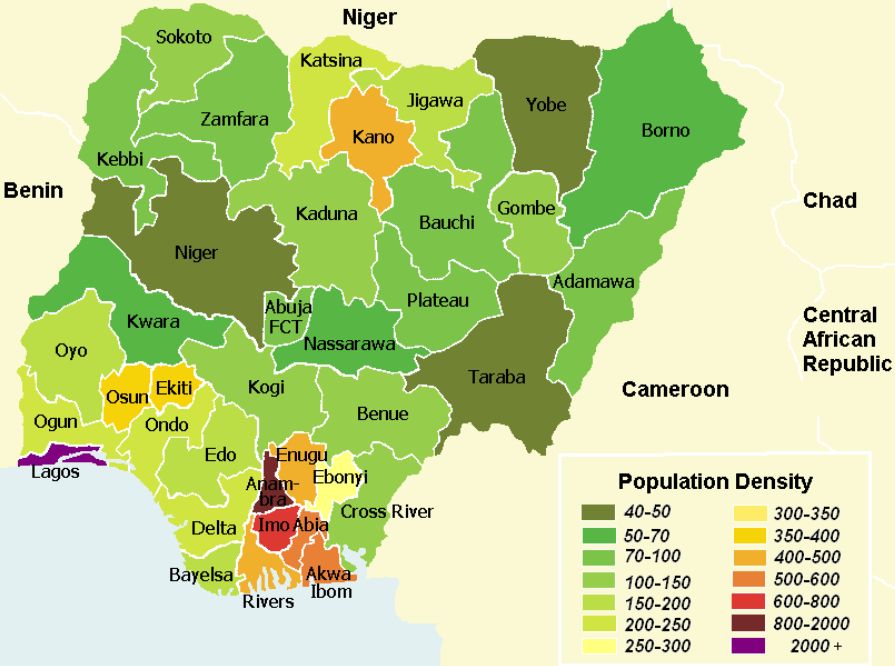
The Spoils Of Peace
Since independence,
Nigerian politics have been shaped by the fear of ethnic conflict. During the
colonial period, the British carved the country into two territories,
instituting different administrative methods in the north and south depending
on pre-existing elite structures. This strategy created regional disparities
and bred suspicion, laying the foundation for strained ethnic relations
following independence in 1960. In 1966, a group of military officers, mostly
from the Igbo ethnic group, overthrew Nigeria's first democratic government and
killed the country's leading military and political figures from the north and
the west. For reasons that are still disputed, the coup plotters failed to kill
the top political figure in the eastern and predominantly Igbo region. That
omission stoked fears among northerners that the coup was intended to eliminate
northern leaders and impose Igbo hegemony, igniting anti-Igbo pogroms and
eventually triggering a bloody three-year civil war.
In the wake of that
conflict, which claimed more than a million lives, successive military
governments exploited a lingering fear of ethnic conflict to justify their
rule. Abundant oil revenues meant these administrations did not need to
prioritize government efficiency or create the conditions for diversified
economic growth. Instead, they pursued a much narrower goal: maintaining political
stability.
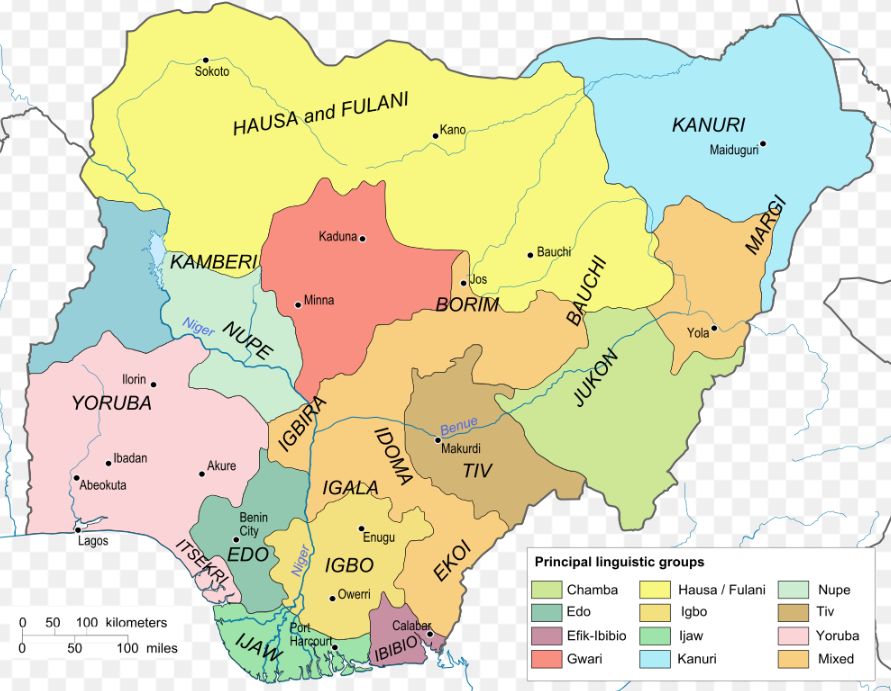
Paradoxically, this
emphasis on national stability often came at the expense of individual
security. For example, fear that regional governors might use local police to
promote their own ethnic or regional interests led the military rulers to
perpetuate an impractical centralized federal policing system that undercut
local intelligence gathering and made it harder to keep citizens safe. And even
this weak police force was kept under-resourced, so it would never grow strong
enough to challenge the military. As Nigeria's military governments grew more
preoccupied with self-preservation, they made fewer and fewer efforts to
provide essential public services such as water, roads, and electricity. State
governors were judged not by the quality of the infrastructure in their regions
or the availability of education or health care but by their ability to manage
ethnic-based networks of elites who helped keep the peace.
Nigeria transitioned
to democracy in 1999, and many patterns established under military rule
endured. Although they were now preoccupied with elections, political elites
still focused on sharing in the spoils of the central government while
appeasing regional leaders of ethnic groups. To be fair, this singular focus on
unity has been successful in its narrow terms. Twenty-three years after
Nigeria's transition to democratic rule, a military coup is unthinkable, and
there is no real risk that the country will fracture. But the primary source of
rents—which sustained this simple political consensus—is dwindling. Since 1999,
oil production has fallen by over 50 percent, while Nigeria's population has
doubled to over 200 million. As oil revenues have shrunk, the glue that held
together the old political arrangement—peace in exchange for spoils—has
dried and grown brittle. Only a new political structure that unlocks Nigeria's
economic potential can ultimately deliver real political stability.
Nigeria could
increase the productivity of crops such as tomatoes to expand its agricultural
sector.

State Of Strength
No nation has
industrialized without good public infrastructure, relatively secure property
rights, and efficient market regulation to prevent fraud and ensure a level of
the economic playing. Scholars with diverse ideological leanings—including
Daron Acemoglu, Dani Rodrik, and Jared Diamond—have acknowledged that often
only a strong central government can provide the degree of coordination and
mobilization required to deliver these services at scale. But although the role
of a strong state in stimulating the economic transformation of newly
industrializing countries such as China, Singapore, and South Korea is
relatively well understood, ideological blinkers have prevented many Western
scholars and policymakers from acknowledging that a strong central government
played a similar role in the United States' economic takeoff.
During the Cold War,
American anti-Soviet rhetoric encouraged a simplistic dichotomy between state
and market forces, bolstering the myth that U.S. economic dynamism stemmed from
unbridled market forces. In reality, the U.S. federal government played a
pivotal role in fueling economic transformation during the twentieth century.
Among the most important federal interventions—but by no means the only
ones—were extensive subsidies for national transport infrastructure, strategic
investments in emerging technologies, and strong support for fair labor and
other redistributive policies that ensured a level playing field and improved
worker productivity. In other words, the United State's
vast network of interstate highways, booming defense and technology industries,
and highly educated labor force are all byproducts of a vital state.
But in the 1970s and
1980s, free-market economists such as Milton Friedman and George Stigler cast
doubt on the ability of governments to play a stimulative role in the economy.
Their work gained influence not just in Washington but also in the capitals of
many developing countries in Africa and Latin America bound by conditional IMF
and World Bank programs and whose elites studied in U.S. universities. Unlike
the United States, these countries had not yet had the chance to build solid
and capable states of the kind Friedman and Stigler saw as too big. As a
result, free-market medicine was often worse than the disease, stunting
economic prospects.
Peace Is Not Enough
In Nigeria, economic
theories that de-emphasized the state's role in driving economic transformation
suited a military and political elite looking to escape responsibility for the
country's poor economic outcomes. So Nigeria's military and intellectual class
embraced these pro-market concepts to perpetuate their own rule. In practice, a
weak state only compounded the country's ethnonational disparities and
aggravated existing ethnoregional distrust. The
result was a vicious cycle that continues today: a frail central government
invites competition from regional and ethnic power brokers, who resist efforts to
strengthen the central government lest it is captured by one of their rivals.
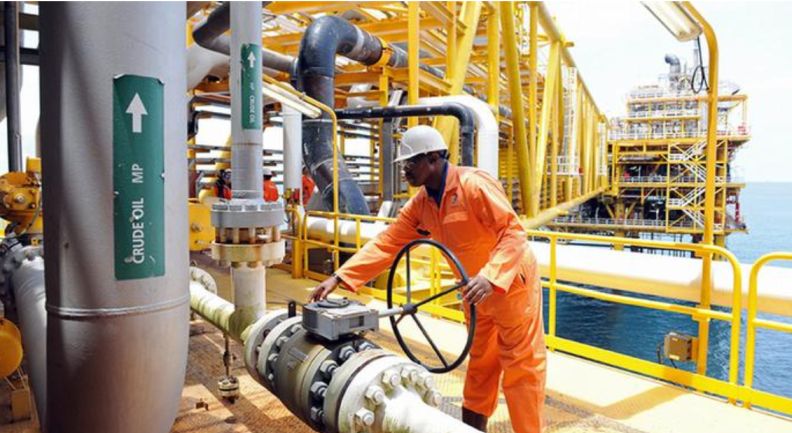
This dilemma has
thwarted efforts to forge a national vision for economic transformation and
made it difficult for the government to marshal resources to build much-needed
infrastructure. Nigeria's federal revenue and spending average just about 6
percent of GDP—comparable only to the share in failed states such as Somalia
and Afghanistan. (U.S. federal expenditure, by comparison, is nearly 30 percent
of economic output.) Contrary to the predictions of free-market
fundamentalists, Nigeria's private sector has not filled the void. Private
capital has delivered little in health care, education, and infrastructure
without a practical regulatory framework. Perhaps, as a result, the view that a
strong and capable state is required to create the conditions for economic
transformation is slowly gaining ground. A recent spate of violent attacks by
criminal and secessionist groups across the country has centered public
attention on the need for a better-resourced national police body. And while
the leading opposition candidate for president, former Vice President Atiku
Abubakar, has promised to devolve policing and other services to
state governments, he has also pledged to lead a "strong federal
government" that can "guarantee national unity."
Nigeria is building a
new rail line between
Lagos and Ibadan as part of its infrastructure push.
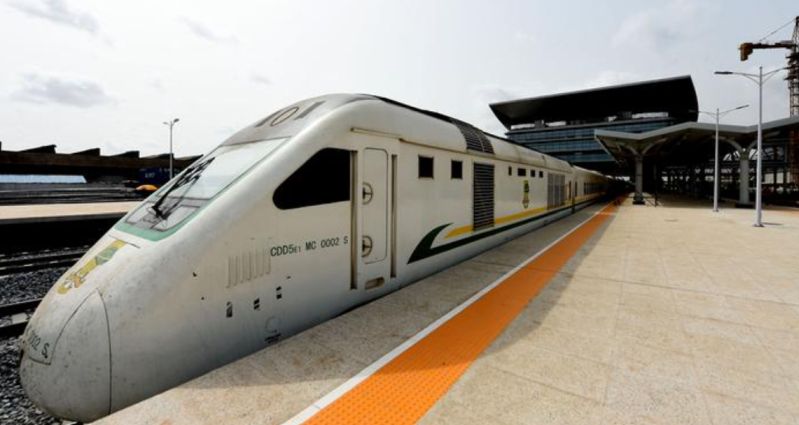
But Nigeria must
aspire to much more than simply ensuring national unity. That unambitious goal
has already been met for the last 52 years. The next administration must go
further. It must forge a common national vision, with buy-in from all regions
and major ethnic groups, for strengthening the federal government to secure
property rights, deliver public infrastructure to the entire country, and
provide efficient regulation to ensure a level playing field among market
participants. By creating a more robust and decentralized policing structure,
Nigeria could foster the peace and security needed to improve agricultural
output, which would boost economic growth. A better-resourced civil service,
meanwhile, would make it easier to attract talent and help transform an
inefficient bureaucracy into one that can stimulate and effectively regulate
local industry. And a stronger and more reliable judiciary—one that
protects the rights of minority groups—would encourage mobility and investment
across the country. Together, these strengthened federal bodies could
provide—and enforce—minimum standards while subnational units advance regional
developmental priorities and ensure coordination between economic actors.
To implement such a
vision for reform, however, Nigeria's leaders must restore public trust in the
country's institutions. One way to do so is to improve communication with
ordinary Nigerians. The next president should frequently communicate clear
policy goals, enabling the public to hold him or her accountable if those goals
are not met. Putting an end to the culture of impunity in government and among
elites is another crucial step. A zero-tolerance approach to corruption or
other forms of wrongdoing, especially among political appointees, is necessary
to restore public trust in government.
The Nigerian National Petroleum Company Limited (NNPC)
and its partners could take a Final Investment Decision (FID) on the $25
billion Nigeria-Morocco gas pipeline in 2023, the national oil company has
said. The 5,600-kilometer (3,840-mile) pipeline is meant to supply fuel to
Europe, with the NNPC and the Office National des Hydrocarbures
et des Mines of Morocco signing a Memorandum of
Understanding (MoU) on the deal last month. It traverses 13 African countries
and aims to monetize Nigeria's abundant natural gas resources, diversifying the
country's gas export routes and eliminating gas flaring across Nigeria.
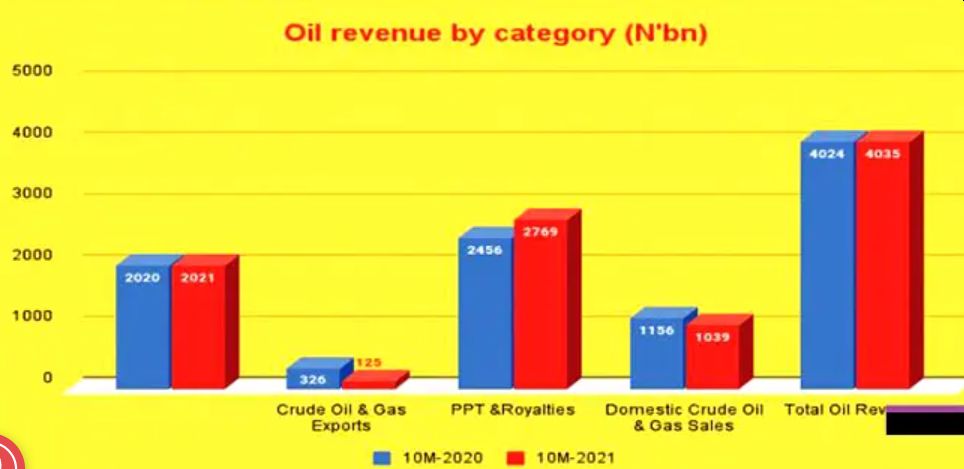
In the past,
Nigeria's political stability depended on its leaders' ability to distribute
oil revenues strategically. But as the country's oil reserves dwindle and its
population expands, stability will increasingly depend on something much more
complex: broad-based growth that improves the lives of average Nigerians. To
achieve that, Nigeria will need a new and more ambitious political consensus
that transcends the trauma of a civil war that ended more than 50 years ago and
prepares the country for the next half-century.
For updates click hompage here